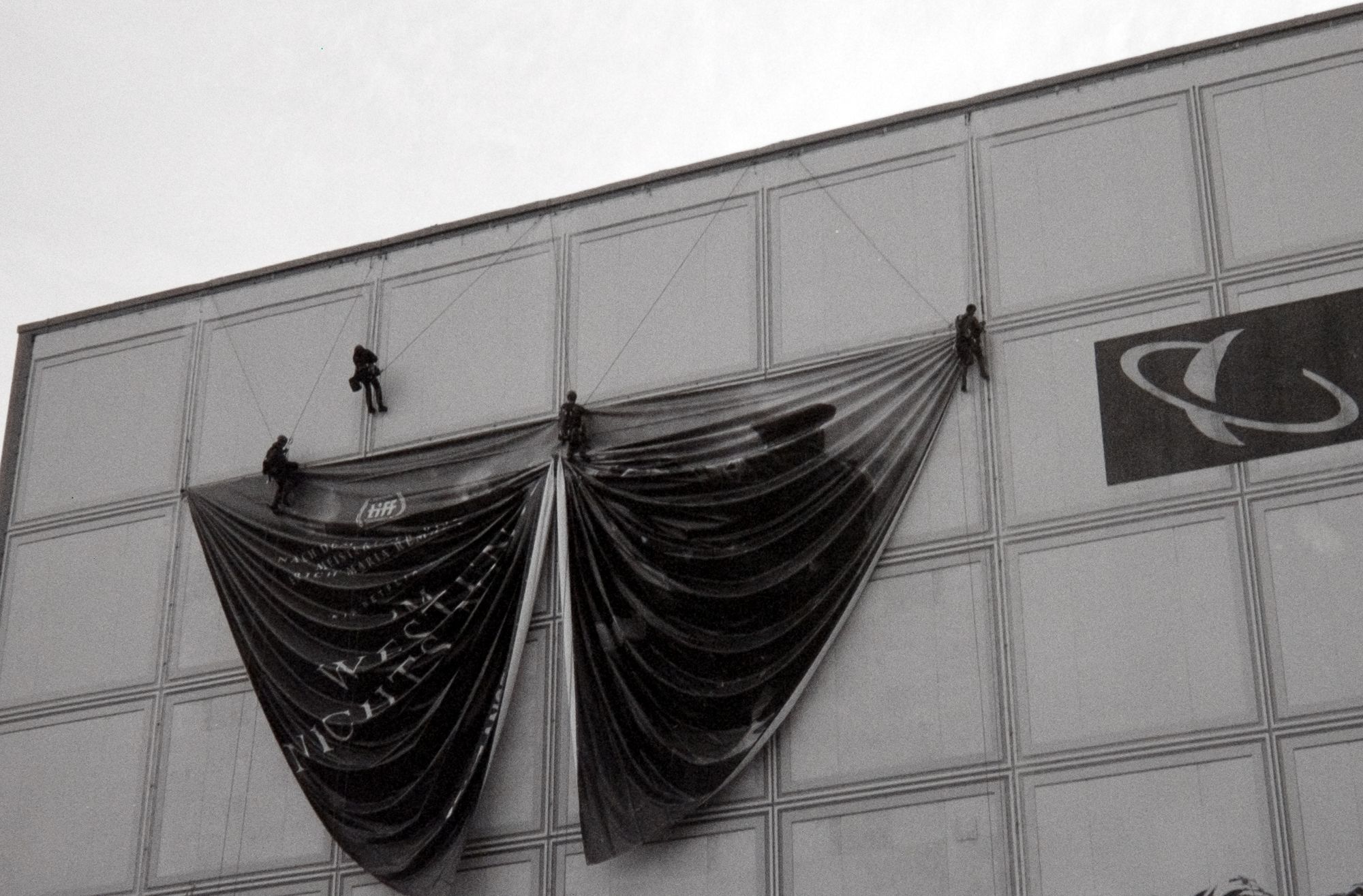That time I stopped being a manager

Remember that I told you I'd talk about why I left? The time for such a story is now, so sit closer to the fire and listen... or, yeah! That works too! You just keep reading in your browser while sitting in your comfy chair.
If you recall, I was surviving the chaos around me. Fighting fires as they came up (daily) and trying to make sure we had a working environment, new features, hiring new people, fixing the printer (what? you thought I wouldn't get grease on my hands?), counseling, coaching, etc. In many ways, I liked it, but I was hoping to get through it and move into a better position to handle all that. I knew I should be doing better. I measured myself against other people I knew doing similar work in other companies, and I felt I was cheating and not worth it. Yup! Like any new manager, I was hit by imposter syndrome. But this story is not about that; any old manager will probably tell you that it never goes away, it comes with the job, and you learn to deal with it. We can talk about impostor syndrome some other time. At the core of all this was a relationship between my boss (the CEO) and me. Unless you are the CEO, there is a boss/manager on top of you, and you have to deal with that relationship.

Whenever a new person joins a team, several relations spark, one with their teammates, the manager, and the company. There might be more depending on the role and how the organization operates. In all of those cases, the manager affects, but for the sake of scope, I'll focus on the one we can influence most:
The manager and the team member
It is a relationship that will last as long as both are on the same team (it might be longer, but that's the minimum). And, as with any relationship, trust has a great deal to do with it. If you don't believe me search for advice, but don't ask directly to your romantic partner or you'll face a tough conversation. You can also keep reading and see if I can convince you. (Am I trying to build trust with you here? Sneaky!).
Why is trust so important? It is both a powerful tool and a valuable asset:
This powerful tool enables both sides to take on more significant actions. Ones that might require cooperation from the other end, invading the personal/virtual space of the other person, or simply knowing that the other person is acting with no intention of harm. With enough trust, people will share ideas and opinions with the other party, enabling extraordinary actions.
A valuable asset. I've read it as being part of your political capital, and in a way, it is. But, in my head, the analogy is more like a ladder. You put the steps in the ladder with your actions, and the other person climbs it. But if you fail to put a step at some point, the other person will fall. If you fail to put in a lot of steps (which is what would happen with an action that diminishes trust by a vast amount), the person falls by a lot. Still, if it is a small mistake (one that can be easily dismissed as not putting enough attention), everything seems unaffected as people can maneuver a ladder missing a step. You can have a missing step now and then; we are all humans, and we don't intentionally want to harm people close to us, but we fail to notice details or misunderstand how it is perceived and that hurts trust. Having a good saving account of trust will let us keep a good relationship and even talk about it (see the above point).
Trust is hard to gain, especially at the beginning. My best advice on this is to make good use of 1-1's to establish a good base and try to extend that to team meetings and communications.
A quick note: do you run 1-1s? do you feel they provide value to you and the other person? Feel free to reach out to me to comment on that. I'd love to talk more about that meeting, but I also want to see other people's perspectives and experiences. No need to be a manager to reach out; both sides have a saying in that meeting.
Why did it end?
I never got through all that was happening in that company. Not only was I trying to do way too many things, but there was an added problem: I always felt my boss didn't trust me. This realization came when something changed my life radically (my daughter was born). I reflected on that, tried to address it with the other end, and once it was clear there was nothing more than words, I decided to move on. I took some time to cool off by going back to development but knowing I'd try again. And I can tell you it is a very different experience being a manager with someone who trusts you than with someone who doesn't.
Takeaways
- Trust is hard to increase but worth it.
- It goes both ways in a relationship
- actions speak louder than words. Don't just ask for trust: you have to gain it daily.
- If you need to take some time off from an activity/role, that's ok!
